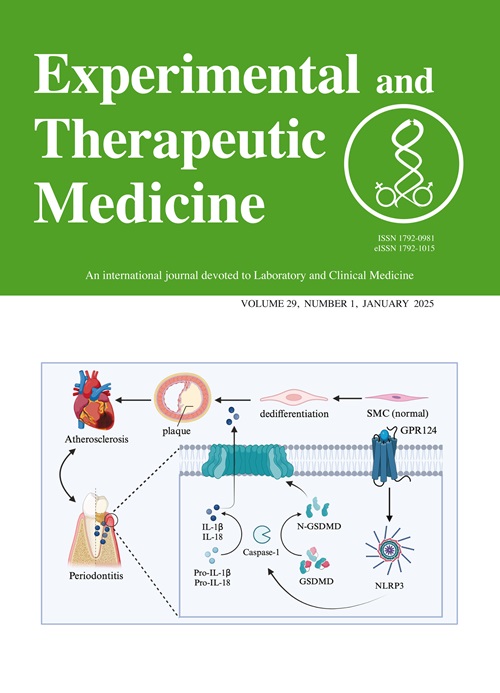Tetracaine hydrochloride induces macrophage pyroptosis through caspase?1/11?GSDMD signaling pathways.
Abstract
Tetracaine hydrochloride (TTC) is a long-lasting local anesthetic commonly used for topical anesthesia. Inappropriate dosage or allergic reactions to TTC can lead to local anesthetic toxicity. TTC exerts cytotoxic effects on certain cell types by inducing apoptosis and necrosis; however, the effects of TTC on macrophages are currently unclear. In the present study, the RAW 264.7 and BV2 cell lines, and murine peritoneal macrophages, were used to evaluate the cytotoxicity of TTC. The present study demonstrated that TTC caused a decrease in cell viability according to a Cell Counting Kit-8 assay, increased lactate dehydrogenase and IL-1β secretion according to ELISA, and induced morphological changes characteristic of pyroptosis according to western blotting. Moreover, TTC-induced macrophage pyroptosis was mediated by gasdermin (GSDM)D, and the cleavage of GSDMD was modulated by both caspase-1 and caspase-11. These results were experimentally validated using caspase-1 and caspase-11 inhibitors. Furthermore, it was observed that TTC and lipopolysaccharide (LPS) exerted similar effects on macrophages. However, the mechanism of induction of pyroptosis by TTC was different from that of LPS. The present study demonstrated that TTC alone could induce macrophage pyroptosis mediated by canonical and non-canonical inflammatory caspases. Therapies targeting pyroptosis may potentially provide a promising future strategy for the prevention and treatment of local anesthetic toxicity induced by TTC.





